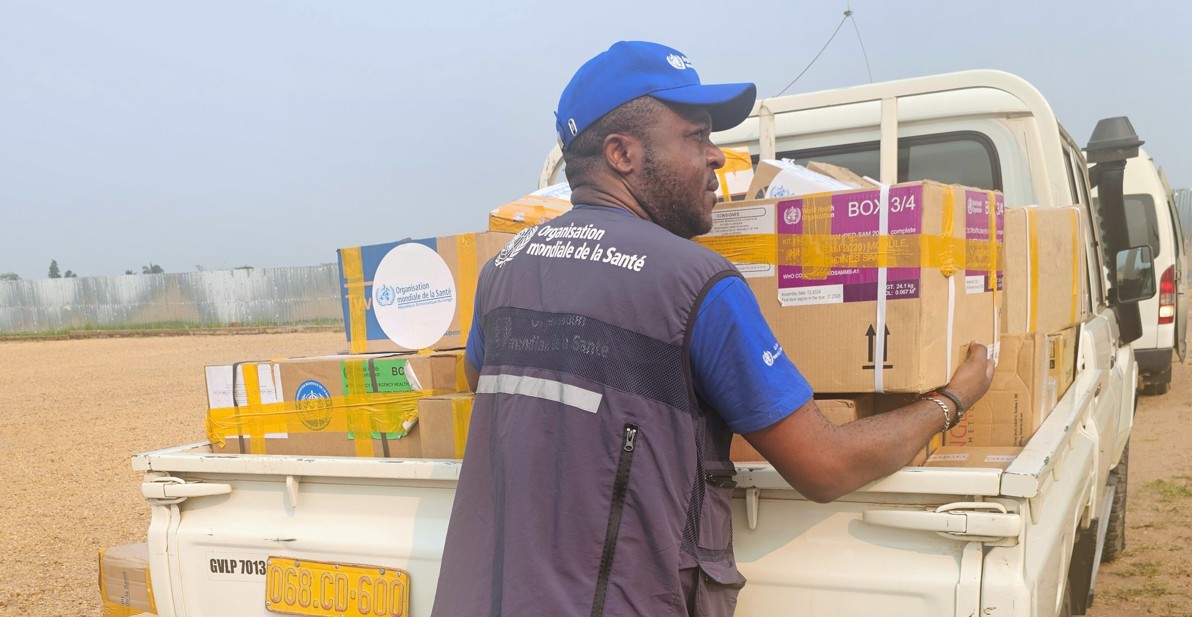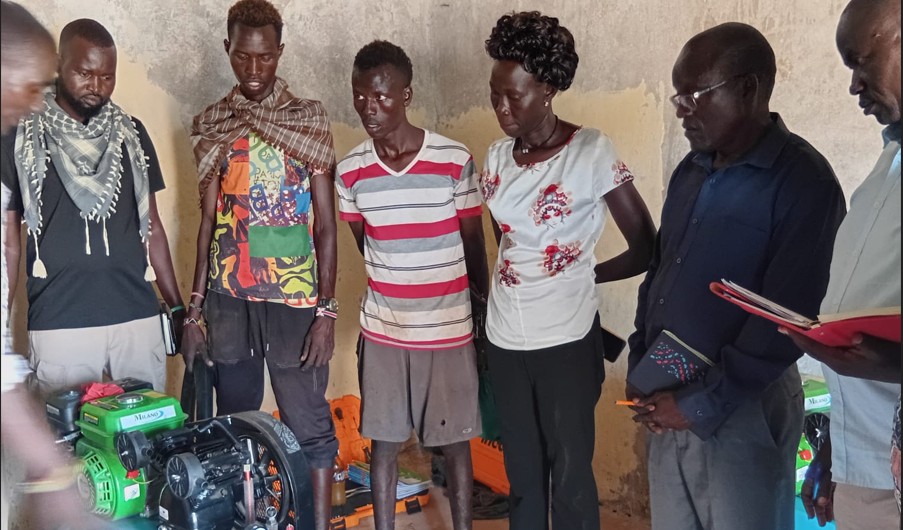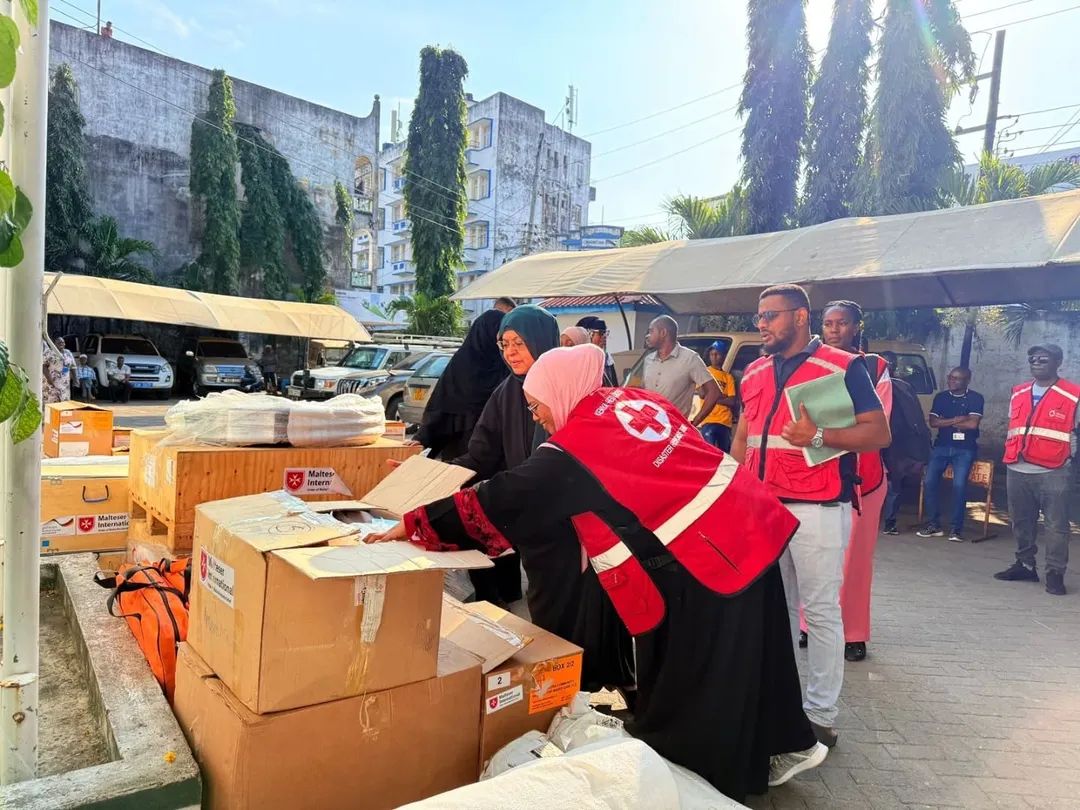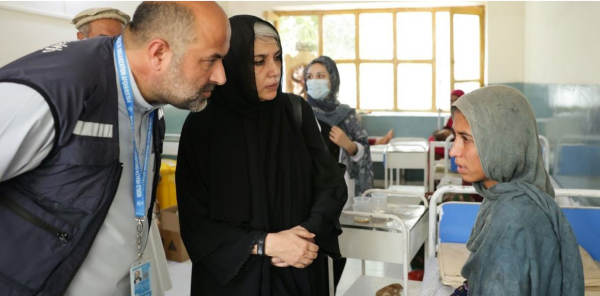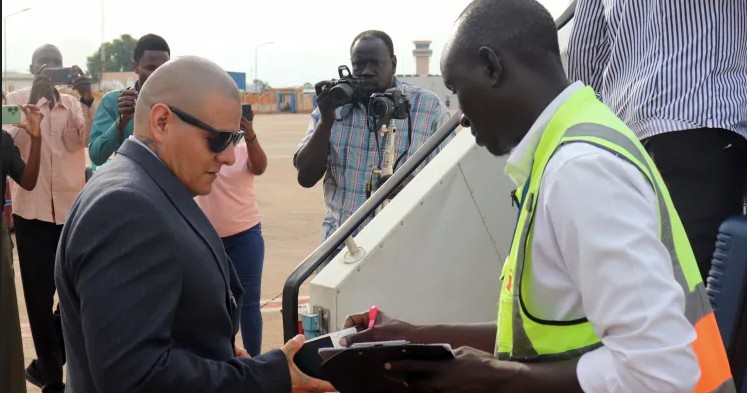Lands Ministry needs Sh40bn to fully digitise land records - Wahome
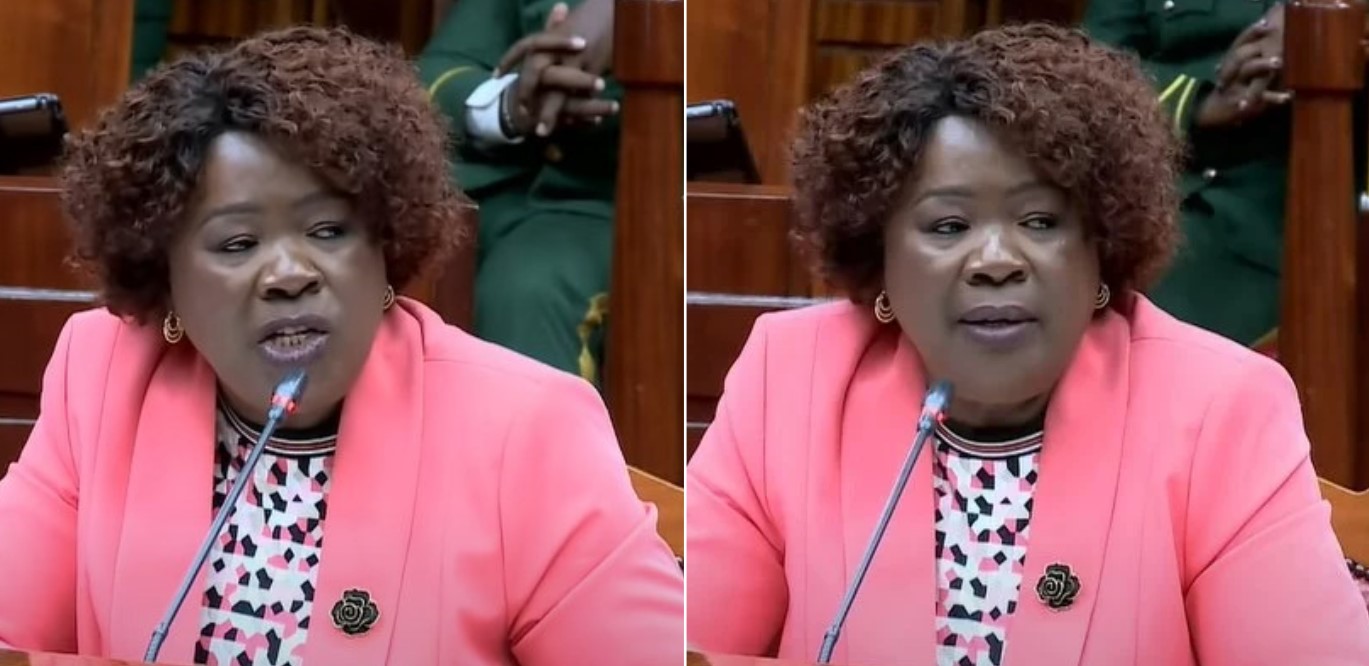
The land registration process involves title deed search, registration of title deed, land rent clearance, clearance of land rates, consent of transfer clearance and requisition of file valuation.
Land ownership remains a politically sensitive, socially and culturally complex issue in Kenya. As a result, the National Land Information Management System also known as Ardhisasa, was launched on April 27, 2021. This was supposed to cure challenges facing the land sector.
However, the Ministry of Lands continues to face challenges and as a result, Lands, Housing, and Urban Development Cabinet Secretary nominee Alice Wahome on Thursday said the ministry needs billions for this process.
More To Read
“I want to be very honest with you and I know we are at the right place. We need a better budget, a bigger budget to the tune of between Sh35 to Sh40 billion to be able to secure all our records under the digitisation system,” she said.
“The country needs to be able to have fibre networking in other places and therefore maybe in the five years we can safely do this provided that we get sufficient budget as a country to cover it,” Wahome added
Digitisation of land records entails the construction of an Electronic Document Management System (EDMS) for managing land title records including scanning, indexing, and archiving deed files among other digital operations.
The CS nominee was responding to questions raised during her vetting at County Hall, Parliament Buildings.
Since independence, it has been dogged by disputes over ownership, use, and access and thus no guarantee of security of tenure to the people of Kenya.
Several studies and attempts to redress the grievances have documented numerous cases of dispossession of land through fraudulent transactions and corruption.
The Truth, Justice and Reconciliation Commission Report (TJRC, 2013) established that a close link exists between land injustices and ethnic violence in Kenya.
Article 67 of the Constitution of Kenya 2010 establishes the National Land Commission (NLC) with the role of initiating investigations either on its initiative or on complaint, into present or historical land injustices and recommending appropriate redress.
The commission is also mandated to monitor and have overall oversight of land use planning throughout the country.
The Land digitisation journey started in April 2019 during the tenure of former Lands CS Farida Karoney.
At that moment, the government said it would take a record 12 days down from 73 days to complete the land registration process once all land records are digitised.
The land registration process involves title deed search, registration of title deed, land rent clearance, clearance of land rates, consent of transfer clearance and requisition of file valuation.
Automation of land records would save land owners lengthy processes witnessed under the manual land records and in the long run, make overall transactions cheaper.
This increased efficiency would also attract investors in real estate, many of whom have been jittery over making investments due to fear of manipulation of the manual land records at The Land Registry by cartels.
In an attempt to address these challenges, former President Uhuru Kenyatta on April 27, 2021, launched the National Land Information Management System (NLIMS).
Developed by a team of Kenyan techies over three years, Ardhisasa (The National Land Information Management System) was designed to enhance the security of land records, speed up land transactions and curb fraud.
The platform sought to limit or remove the human element and interaction as much as possible and frustrate land cartels who had overrun corridors at the ministry.
Importance of digitising the land services.
The digitisation initiative aimed to improve service delivery and enhance the ease of doing business by addressing various challenges in the land sector.
This includes inconsistency in land records and ownership documents, increased land disputes due to the opaque nature of keeping land records, increased cases of fraud, forgery and corruption, and lengthy and indeterminate transaction turnaround time among other challenges.
Kenya’s 2010 Constitution and the various land laws call for a complete overhaul of land administration, coordination and better services to the people of Kenya.
Top Stories Today

